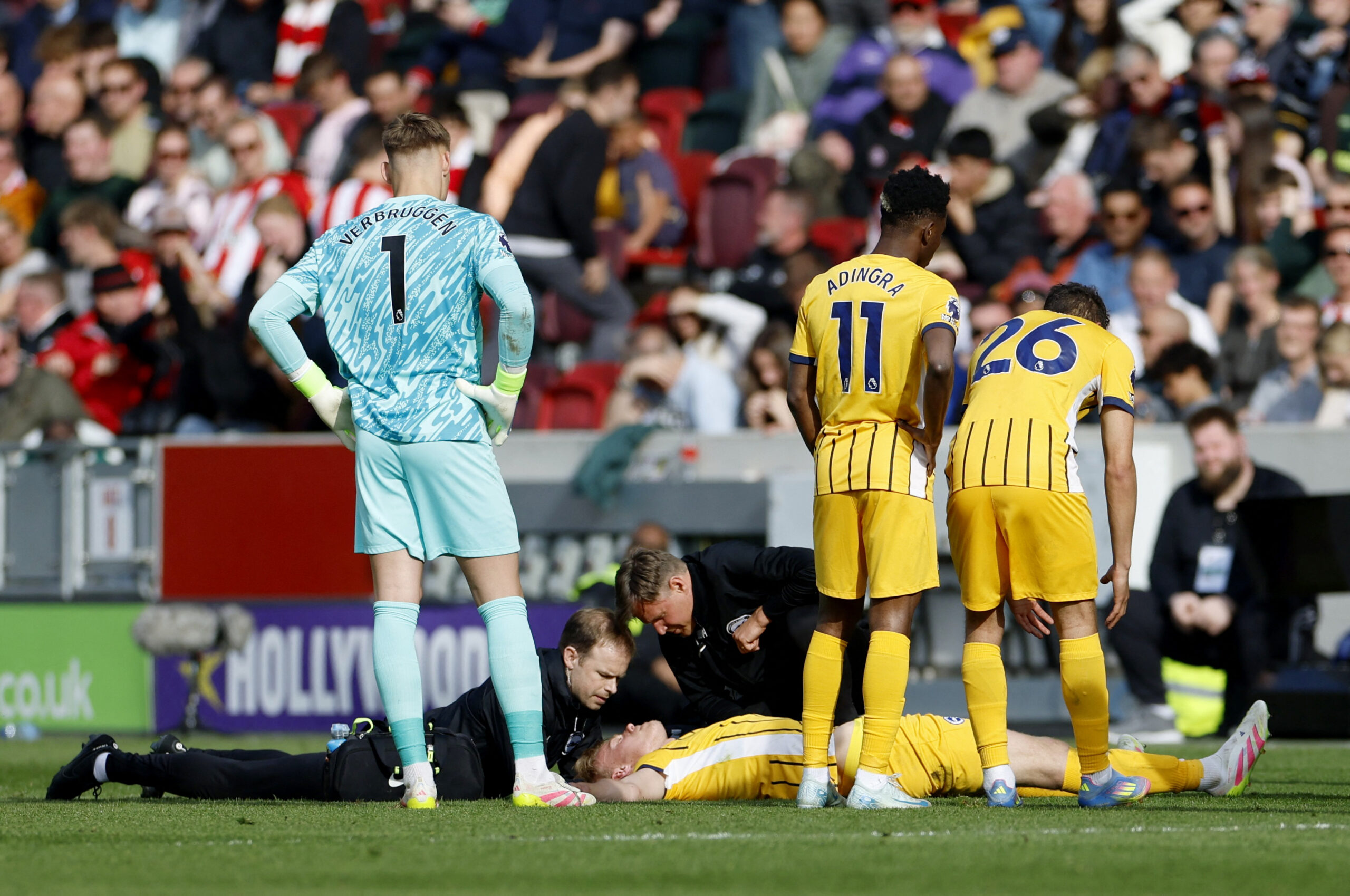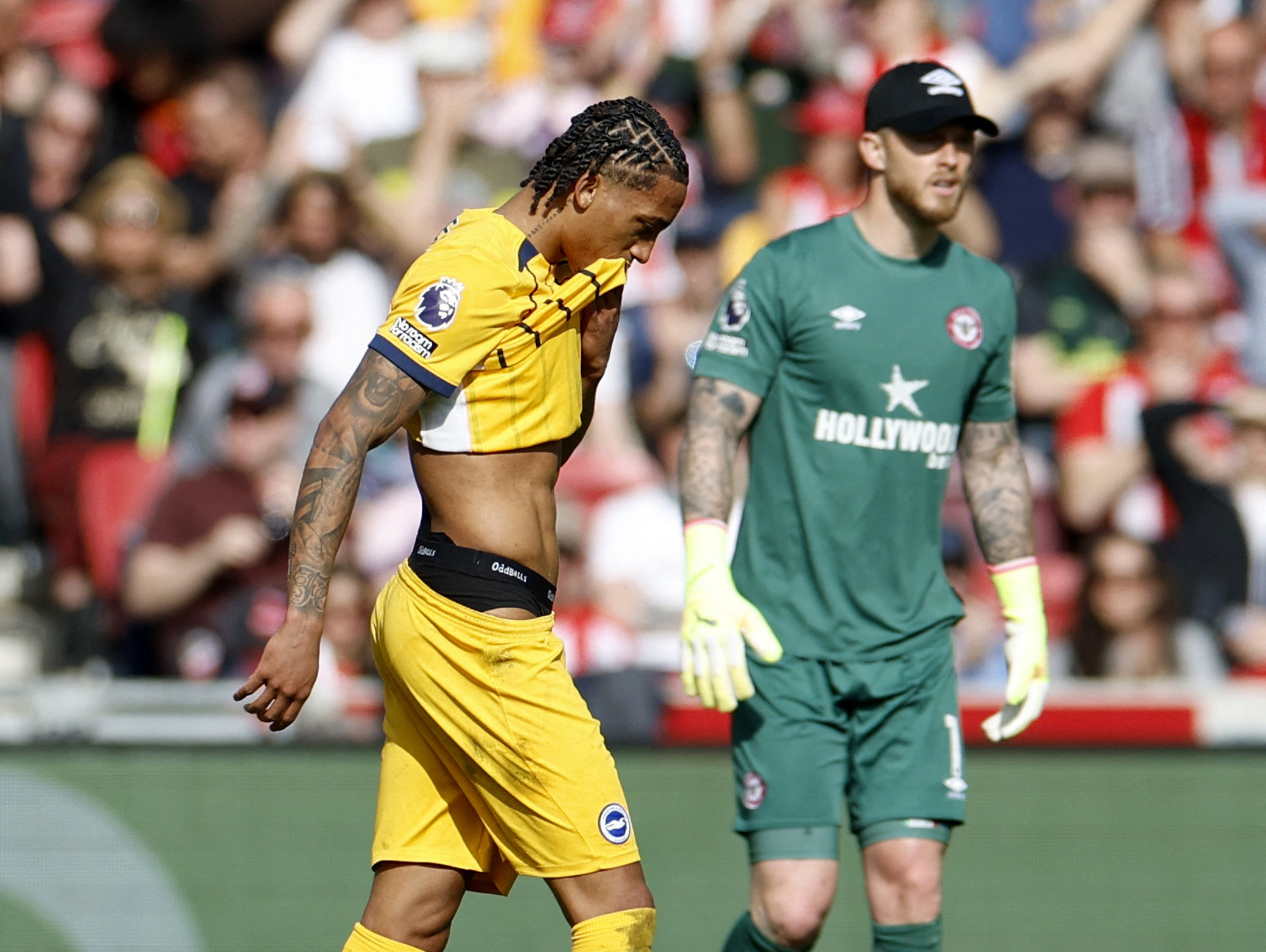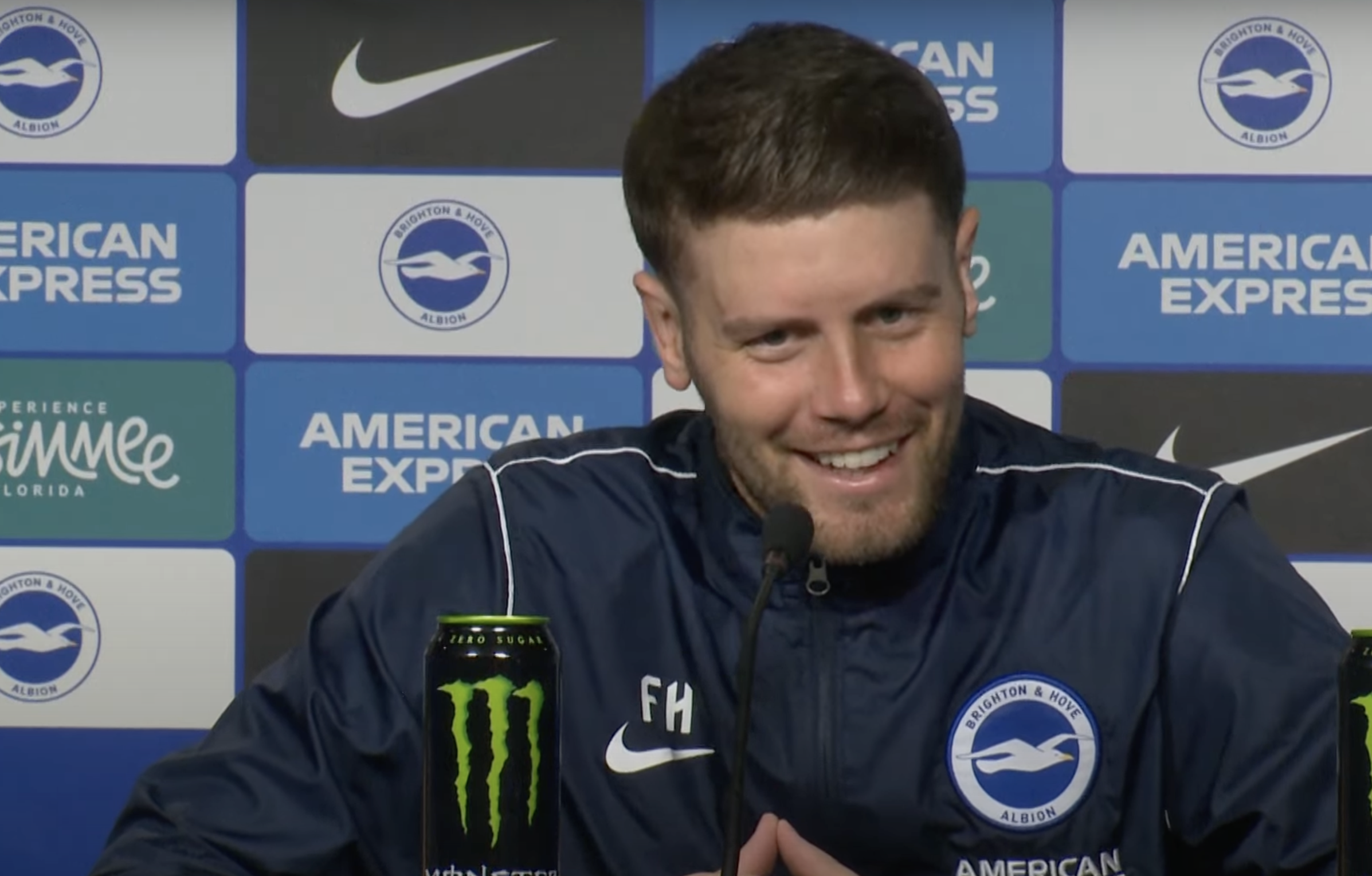To the uninformed observer, Brentford v Brighton might not set the pulse racing — a meeting of two of the Premier League’s upwardly mobile upstarts. Small clubs that have forged a reputation for punching above their modest weights. The “Best Run Club Derby”.
Albion and Brentford aren’t just Premier League clubs — they’re footballing case studies. Both are built on the bones of data-backed statistical models, where recruitment, tactics, and even coaching hires are underpinned by spreadsheets, probability curves, and years of betting-market intelligence.
Data is king for these two clubs who sift through algorithmic insights looking for value that others have overlooked. From xG and xA to progessive runs and pressing intensity, everything is measured — and if it can’t be measured, it probably isn’t happening. Whether you see it as football evolution, or a smart strategy, the spreadsheet nerds have as much of a say as the scout in the stands.
Tony Bloom and Matthew Benham, the clubs’ owners, are more than just old-school boardroom moguls – they’ve driven the revolutionary approach that has seen both clubs rise through the footballing pyramid. They’re former colleagues, former friends, and current ghosts in each other’s machines.
They haven’t spoken since 2004. They won’t be exchanging pleasantries at the Gtech today. And they’ll both be absolutely desperate to be three points better off when the final whistle blows just before 5pm.
The Break-Up: From Betting Syndicate to Legal Stand-Off
Before either man had a football club, they had a model.
In the early 2000s, Bloom — professional poker player, maths graduate, and the man who basically brought Asian handicap betting to the UK — ran a successful betting outfit called Premier Bet. It operated quietly but brilliantly, identifying and exploiting inefficiencies in global football markets and raking in cash from bookmakers who hadn’t caught up yet.
Bloom hired Benham, a physics graduate from Oxford who preferred algorithms to adrenaline. Together, and with the help of academics from Lancaster University, they fine-tuned a football prediction model so sharp it was practically printing money. Betting hundreds of thousands per match in the Asian markets wasn’t unusual. They found an edge, and they hammered it.
Then came the split.
In 2004, Benham left Premier Bet — depending on who you ask, he either resigned and was fired halfway through his notice, or was simply sacked. What’s not in doubt is that he launched Smartodds soon after, using a remarkably similar model, and began playing in the same markets as Bloom.
Legal action followed. It was settled out of court. The personal relationship didn’t survive. Inside Smartodds, Bloom’s Starlizard became a forbidden word. One ex-employee called it “taboo.” Inside Bloom’s camp? Quiet fury. Tony Bloom places a premium on loyalty.
From Markets to Matches
The feud might have stayed niche — two rival betting syndicates firing silent shots in the dark corners of the global gambling market — if the pair hadn’t both bought the clubs they supported as kids.
Tony Bloom took over the Albion from Dick Knight in 2009, whilst Matthew Benham took control of Brentford in 2012. And suddenly, it wasn’t just about who could dominate the high-stakes gambling markets. It was about who could build the most successful football club.
Two men, two models, two visions of how to win — data came first, egos were second.
They built scouting systems. They found value where others didn’t. Albion signed Kaoru Mitoma. Brentford wanted him. Brighton sold Anders Dreyer. Brentford’s partner club snapped him up. Albion’s Premier League riches bought Championship Brentford’s Neal Maupay. The Bees had to move on.
There’s no animosity between the clubs, officially. Transfers are civil. Cross-club transactions go through the official channels in the usual way. But the feeling inside? Still… frosty.
Boardrooms Avoided. Goals Remembered.
When the two sides meet, the two owners don’t – there won’t be eye contact.. Neither will grace the boardroom of the other. When Albion travel to west London, Tony Bloom is in the thick of it. Away end. Limbs. The trademark Albion winter coat flapping.
He’ll be there again this weekend. He won’t be in the posh seats. When Brighton goes to Brentford, Tony Bloom heads for the away end.
He was with us in 2017 when Shane Duffy equalised in a six-goal thriller. As he was when Leandro Trossard’s 90th-minute winner handed Brentford their first-ever Premier League defeat. Three points were not just important for Albion’s rise up the league table, but also for Bloom’s personal scorecard.
He celebrated with the fans. Not in the boardroom.

That’s where this story now lives: in glances avoided, directors’ box seats unoccupied, and scouting spreadsheets so precise they’d flag Pascal Groß for having the wrong length of shoelace.
All Quiet on the Analytics Front
The two clubs — and the two men — remain tightly linked, whether they like it or not. Similar setups. Similar staff. Similar origins. But the wound, even two decades on, still glows faintly under the surface.
They don’t speak. They don’t need to. Every match is the conversation.
And when they meet at the Gtech later today, just know: this isn’t just a game. It’s another chapter in a rivalry built not on goals, but on algorithms, betrayal, and the simple desire to be the smartest man in the room. And the room today is the world’s biggest football league.










